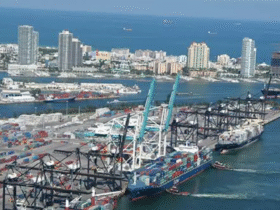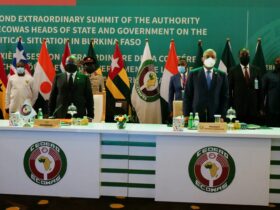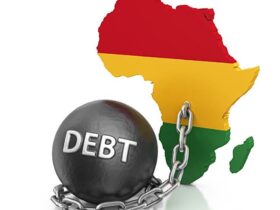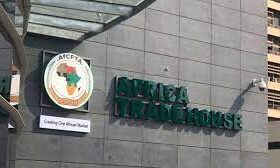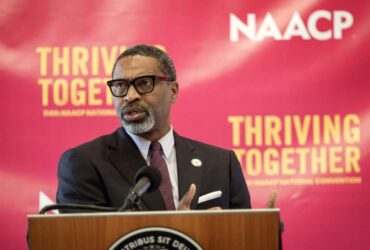Why Africa’s Economy Remains Stagnant
- 11:24 am
- March 23, 2024
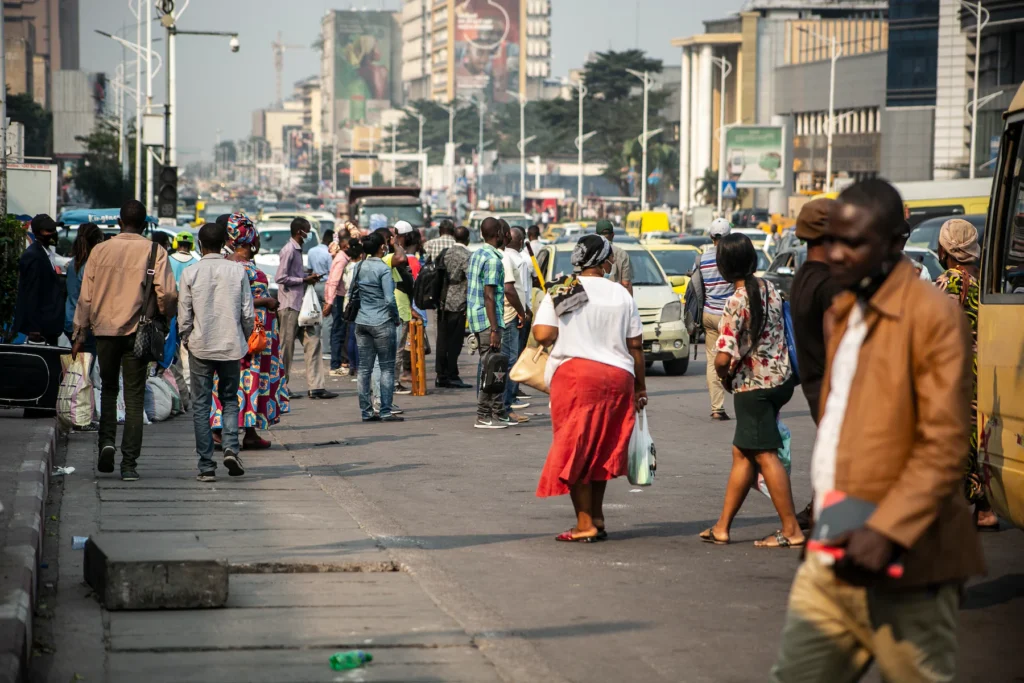

LATEST POSTS
Africa’s economy, despite its immense potential, continues to grapple with persistent stagnation, hindering the continent’s path towards sustainable development and prosperity. This enigma raises critical questions about the underlying factors contributing to Africa’s economic inertia and the necessary strategies to break free from this cycle of stagnation. By unravelling the complexities surrounding Africa’s economic challenges, we can uncover insights that pave the way for transformative solutions and catalyze a new era of growth and opportunity across the continent.
Reasons for Africa’s economic stagnation
persistent lack of investment
A critical factor contributing to Africa’s economic stagnation is the persistent lack of investment. According to UNCTAD’s World Investment Report 2023, foreign direct investment (FDI) flows to Africa fell from $80 billion in 2021 to $45 billion in 2022. They made up 3.5% of all FDI worldwide.
Moreover, the majority of investments have been directed towards the inefficient public sector, further exacerbating the issue. Imagine the possibilities if this tide were reversed, with investments directed towards dynamic sectors and burgeoning industries. The time for bold investment strategies is now.
A deficiency in human capital
Africa’s economic stagnation persists as it grapples with a glaring deficit in vital aspects of human capital: education and health. The stark reality of significantly lower primary school enrollment rates in Africa compared to their OECD and East Asian counterparts serves as a reminder of the immense untapped potential stifled by this disparity.
Furthermore, the grim statistics of life expectancy and the relentless burden of diseases like malaria cast a shadow over Africa’s economic prospects, emphasizing the urgent imperative for fortifying healthcare infrastructure.
Imagine the possibilities of a future where every child has equitable access to quality education and healthcare services—an investment in human capital that not only transforms lives but also ignites unprecedented economic growth and prosperity across the continent.
Military conflicts and weakened institutional frameworks
The dual challenges of ongoing military conflicts and weakened institutional frameworks, which undermine the rule of law and property rights, contribute to the bad economy of Africa. The persistent presence of military conflicts across the continent disrupts economic activity, hampers investment, and exacerbates instability, hindering the conditions necessary for sustained growth.
Additionally, weak institutional frameworks fail to uphold the rule of law and safeguard property rights, eroding investor confidence and impeding economic progress.
Addressing these intertwined issues is paramount to unlocking Africa’s economic potential. By prioritizing peacebuilding efforts, fostering diplomatic solutions to conflicts, and strengthening institutional frameworks to ensure transparent governance and robust legal systems, Africa can create an environment conducive to investment, entrepreneurship, and sustainable economic development. Only through concerted efforts to address these foundational challenges can Africa break free from the cycle of stagnation and realize its promise of prosperity and opportunity for all.
READ ALSO: Insight from Thought Leaders: Is More Debt the Way Forward in Africa?
Other News




